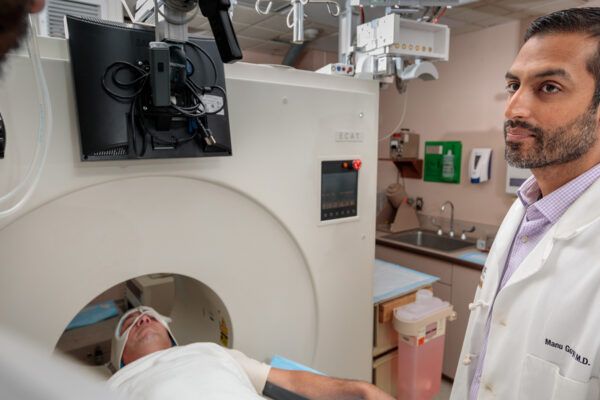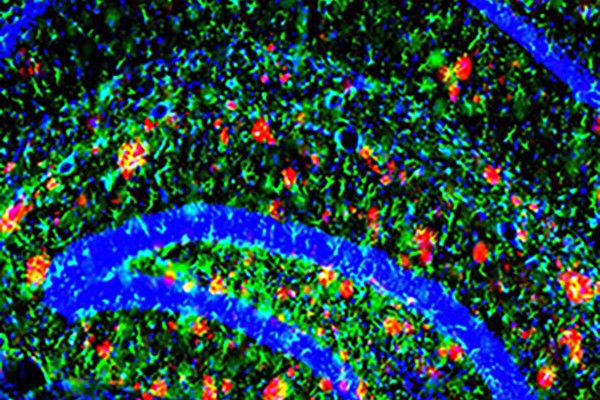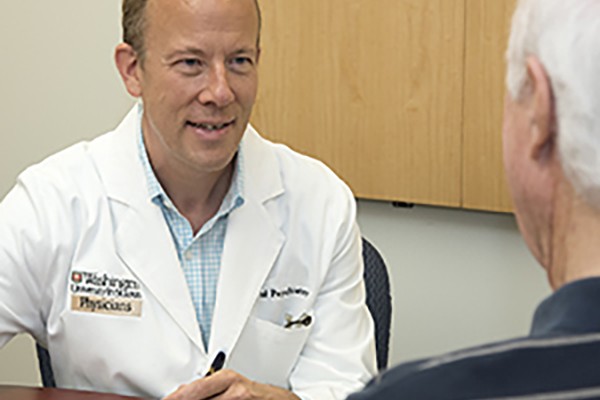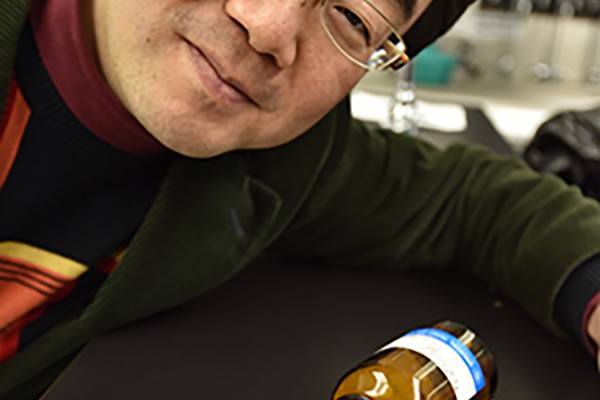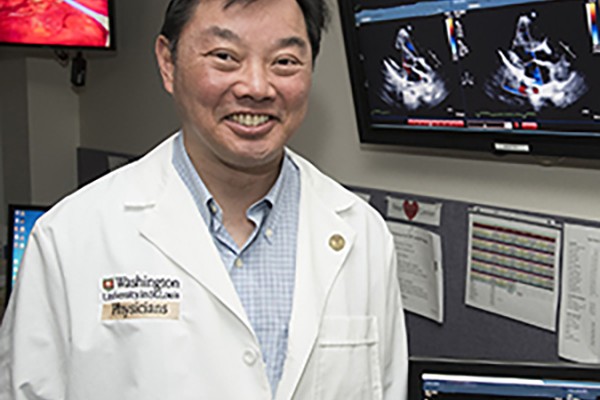Women’s brains appear three years younger than men’s
A new study from the School of Medicine finds that women’s brains appear to be about three years younger than men’s of the same chronological age, metabolically speaking. The findings could be one clue to why women tend to stay mentally sharp longer than men.
Loneliness found to be high in public senior housing communities
Older adults living in public senior housing communities experience a large degree of loneliness, finds a new study from the Brown School at Washington University in St. Louis. Nevertheless, senior housing communities may be ideal locations for reducing that loneliness, the study finds.
Class Acts: Advocating for older adults
With a unique skill, affection and affinity for working with older adults, Brown School PhD-candidate Cal Halvorson is making a career studying the relationship between work and aging.
Tackling aging: China forum addresses global issue
Washington University and its partner universities in Greater China came together in Shanghai on Jan. 21 for a major conference, the “Forum for Greater China: An Aging Population.” The goal of the conference was to stimulate collaborative research and conversation that will advance solutions to the challenges posed by China’s aging population.
Reason you’re late may vary with age
A song is just a song, but as time goes by, something as random as a song’s length could be the difference in whether you miss an important deadline or arrive late for an appointment, suggests time-management research from Washington University in St. Louis.
Brain’s ability to dispose of key Alzheimer’s protein drops dramatically with age
The greatest risk factor for Alzheimer’s disease is advancing age. Researchers at Washington University School of Medicine in St. Louis have identified some of the key changes in the aging brain that lead to the increased risk. The changes center on amyloid beta 42,
a main ingredient of Alzheimer’s brain plaques.
$15 million funds research to help older adults prevent cognitive decline
Researchers at Washington University School of Medicine in St. Louis, led by Eric J. Lenze, MD, have received a $15 million grant to study strategies — including exercise, health education, meditation and yoga — aimed at helping older adults prevent or reverse typical age-related cognitive declines.
Fat signals control energy levels in the brain
An enzyme secreted by the body’s fat tissue controls energy levels in the brain, according to new research led by Shin-ichiro Imai, MD, PhD, of the School of Medicine. The findings, in mice, underscore a role for the body’s fat tissue in controlling the brain’s response to food scarcity, and suggest there is an optimal amount of body fat for maximizing health and longevity.
Exercise for older mouse mothers lowers risk of heart defects in babies
Older mice genetically prone to bear offspring with heart defects can reduce this risk to that of younger mouse mothers with the same genetic defect through exercise alone, according to new research at the School of Medicine. The study, led by Patrick Y. Jay, MD, PhD, also suggests that the increased risk of congenital heart defects is tied to the age of the mother and not the age of her eggs.
Washington People: Shin-ichiro Imai
Shin-ichiro Imai, MD, PhD, is a professor of developmental biology and of medicine at Washington University School of Medicine in St. Louis. Over the past three decades, his research has shed light on the processes of aging and longevity as he has sought to help people maintain better health into later years.
View More Stories
